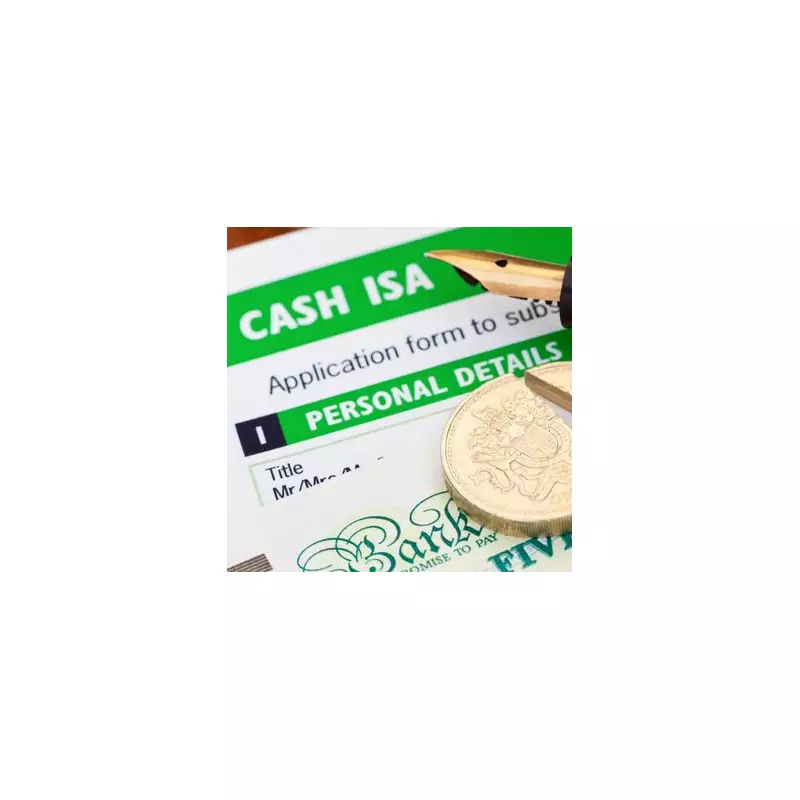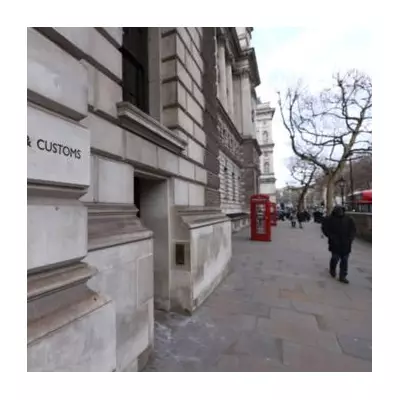
Chancellor Rachel Reeves has been forced to significantly scale back her planned reforms to Individual Savings Accounts (ISAs) following a fierce backlash from the UK's building societies.
A Less Severe Cut
Speculation had been mounting that the Treasury was preparing to slash the annual cash ISA allowance from its current level of £20,000 to as little as £10,000. The aim was to encourage more Britons to invest in stocks and shares. However, after intense pressure from high-street savings providers, the government is now considering a more modest reduction to £12,000 per year, as first reported by the Financial Times.
This climbdown comes ahead of the Chancellor's crucial Budget announcement on November 26, where the final decision will be confirmed. The Treasury is also reportedly looking at adjusting the rules governing stocks and shares ISAs as part of a broader savings reform package.
Potential for a 'UK Element'
One significant change under consideration, as revealed by City AM, would require ISA providers to ensure that savers allocate 25 per cent of their investments into UK equities. This proposal revives the debate about adding complexity to savings products, echoing former Chancellor Jeremy Hunt's abandoned plan for a 'British ISA'.
While the Labour government had previously shelved the British ISA to keep the system simple, a Treasury source indicated that aspirations remain for a 'UK element' to feature in any reforms. They confirmed that any new product features would be optional for savers.
A Political Flashpoint
The issue of ISA reform has become a political battleground, pitting brokers and investment platforms against building societies and British companies. Each group is lobbying the government to pursue a different path.
On one side, investment platforms argue that reducing the cash ISA limit would align with Labour's growth mission, encouraging more investment in the UK stock market. Analysis from IG suggested that Britons could see a £7.2 billion boost if a third of cash ISA holders moved more money into stocks and shares.
Conversely, building societies have defended the cash ISA as a vital product. Andrew Gall, Head of Savings at the Building Societies Association, stated: 'We support efforts to help more people to invest and grow their wealth, especially in the UK, but cutting the Cash ISA limit simply won't achieve this.' He warned it would undermine a key savings product that has helped millions build financial resilience.
With approximately £360 billion held in cash ISAs, the product remains the most popular tax-free savings vehicle in the country. The Chancellor has already confirmed a national campaign will launch early next year to promote investment in stocks and shares.





